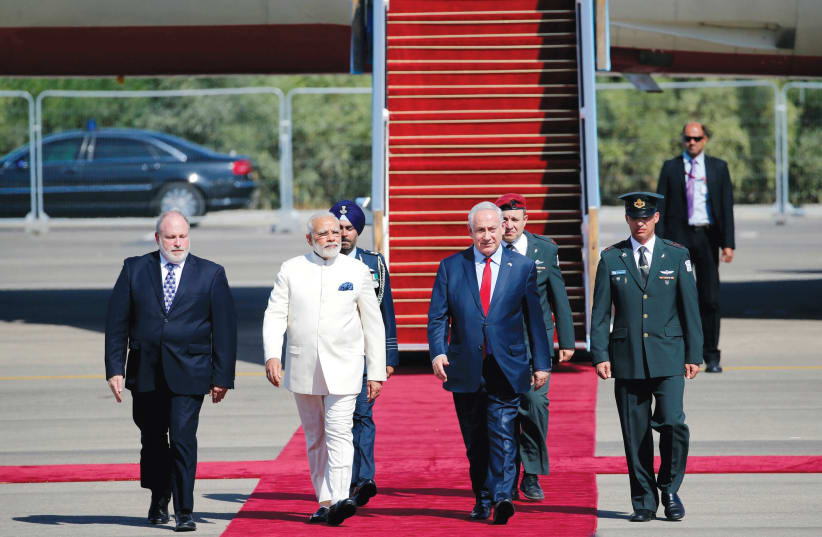India, Israel and the possibilities of collaboration in Africa
The combination of Israeli innovation/conceptual abilities and India’s “collective effort, inclusive growth” approach can provide the right direction to sustainable development efforts in Africa.
